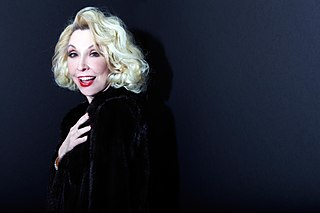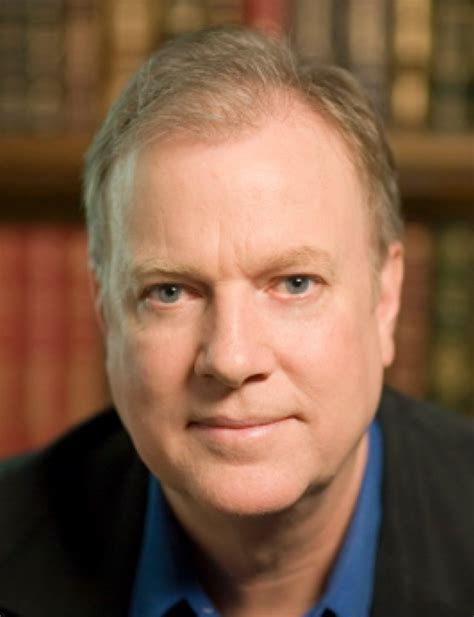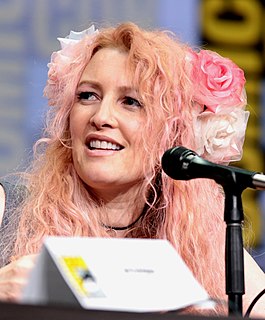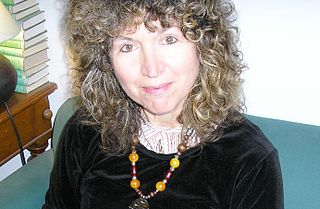A Quote by Suzanne Collins
I started as a playwright. Any sort of scriptwriting you do helps you hone your story. You have the same demands of creating a plot, developing relatable characters and keeping your audience invested in your story. My books are basically structured like three-act plays.
Related Quotes
If you have to tell a story without speaking, it's sort of like - I come from a dance background, so it's like a ballet where you have to tell a story with just your body. I think that's really interesting to have to tell a story with just your face and your mannerisms, and I'd like to tap into that world.
The way my books are structured, everyone was together, then they all went their separate ways and the story deltas out like that, and now it’s getting to the point where the story is beginning to delta back in, and the viewpoint characters are occasionally meeting up with each other now and being in the same point at the same time, which gives me a lot more flexibility for killing people.
Also, worldbuilding touches all aspects of your story. It touches plot and character as well. If you don't know the culture your character comes from, how can you know what he's really like? You must know your characters on a much deeper level than you would if you just shrugged your way into a cookie cutter fantasy world.
Writing something down and processing it, sitting with a text and a story, editing and rewriting new drafts - that entire process helps clarify something for myself. Depending on the person, the act of trying to tell your story helps you understand yourself better, helps you come to terms with something that happened.
Characters who are absolutely sure about what they do, who plunge ahead without fear, are not that interesting. We don’t go through life that way. In reality, we have doubts just like everyone else.
Bringing your Lead’s doubts to the surface in your plot pulls the reader deeper into the story, and this is an excellent way to coax the reader to lose himself in the story world you’re about to create.
Changers are characters who alter in significant ways as a result of the events of your story. They learn something or grow into better or worse people, but by the end of the story they are not the same personalities they were in the beginning. Their change, in its various stages, is called the story's emotional arc.






































